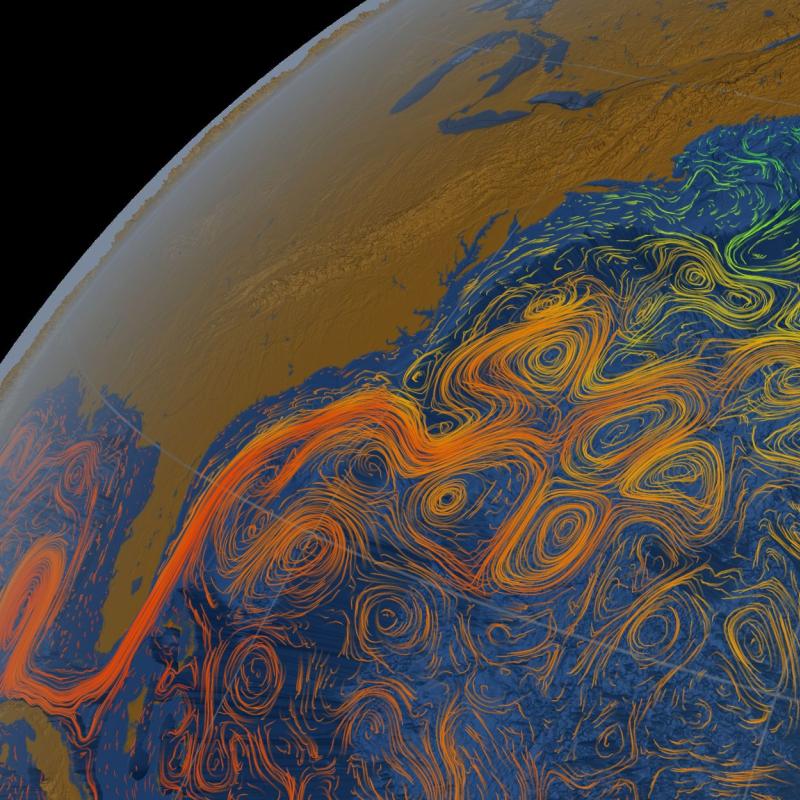Climate change in figures
The global temperature has already increased by 1.1 degrees Celsius since the start of the Industrial Revolution, and it has risen faster in the past 50 years than ever before. Stopping this trend calls for rapid decision-making and a lot of money. Here are some facts about climate change and finance.
At present, temperatures are set to increase by up to 2.8 degrees Celsius by the end of the 21st century – assuming that all of the climate action measures announced to date are implemented. In 2019, around 79 per cent of all greenhouse gas emissions were attributable to energy, industry, transport and buildings, with 22 per cent resulting from agriculture and forestry.
Source: IPCC
What developing countries and emerging economies need most urgently is money to realise climate change mitigation and adaptation measures. To this end, the 2015 Paris Agreement provided for USD 100 billion to be mobilised annually between 2020 and 2025. In 2021, the actual volume amounted to only USD 89.6 billion, however. The most recent forecasts from the Organisation for Economic Co-operation and Development (OECD) predict that the ‘USD 100 Billion Goal’ will definitely be reached this year. Germany increased its annual climate financing more than tenfold between 2005 and 2022 to a current level of EUR 6.39 billion.
Green bonds – a financing instrument used to support green projects such as renewable energy initiatives – are setting new records every year. The total volume of green bonds amounted to USD 522 billion in 2021, a 75 per cent increase compared to 2020.
Sources: Global Synthesis Report on climate finance 2022, BMZ
In developing countries, climate change will reduce the yields of cereals such as wheat, rice and maize by 2050. Yields will drop by 3 per cent for wheat, by 5 to 11 per cent for rice, and by nearly 25 per cent for maize. According to forecasts, cereal prices will rise by up to 29 per cent during the same period (without adjustments for inflation).
Sources: IPCC, National Geographic, The Wire, Action against Hunger
People are increasingly unable to work due to extreme temperatures. According to projections by the International Labour Organization (ILO), a 1.5-degree increase in global temperatures will be enough to precipitate the loss of 2.2 per cent of working hours worldwide by 2030. This corresponds to 80 million full-time jobs and economic losses of USD 2.4 trillion.
Locusts normally fly alone. But when it is hot and humid, and their food sources dry up, they form huge swarms. This is exactly what is happening in Africa. Researchers in the United Nations Food and Agriculture Organization (FAO) assume that the situation will worsen in future, especially in the eastern part of Africa. This will have devastating consequences for the food situation, as a single square kilometre of locusts eat as much as 35,000 people.
Sources: FAO, UNEP, Global Citizen, BBC


